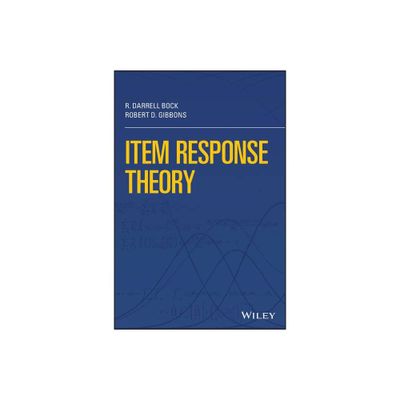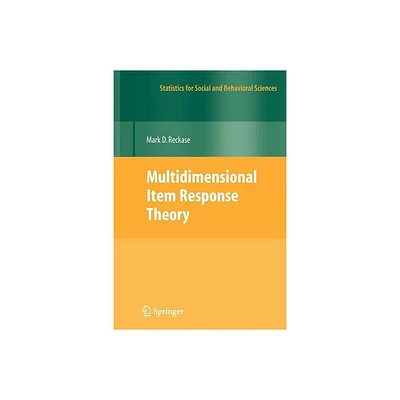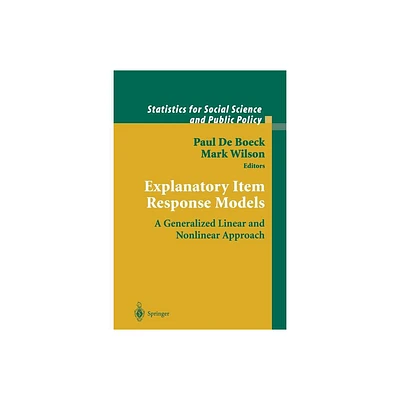Home
Introduction to Item Response Theory Models and Applications
Loading Inventory...
Barnes and Noble
Introduction to Item Response Theory Models and Applications
Current price: $180.00


Barnes and Noble
Introduction to Item Response Theory Models and Applications
Current price: $180.00
Loading Inventory...
Size: Hardcover
*Product Information may vary - to confirm product availability, pricing, and additional information please contact Barnes and Noble
This is a highly accessible, comprehensive introduction to item response theory (IRT) models and their use in various aspects of assessment/testing. The book employs a mixture of graphics and simulated data sets to ease the reader into the material and covers the basics required to obtain a solid grounding in IRT.
Written in an easily accessible way that assumes little mathematical knowledge, Carlson presents detailed descriptions of several commonly used IRT models, including those for items scored on a two-point (dichotomous) scale such as correct/incorrect, and those scored on multiple-point (polytomous) scales, such as degrees of correctness. One chapter describes a model in-depth and is followed by a chapter of instructions and illustrations showing how to apply the models to the reader’s own work.
This book is an essential text for instructors and higher level undergraduate and postgraduate students of statistics, psychometrics, and measurement theory across the behavioral and social sciences, as well as testing professionals.
Written in an easily accessible way that assumes little mathematical knowledge, Carlson presents detailed descriptions of several commonly used IRT models, including those for items scored on a two-point (dichotomous) scale such as correct/incorrect, and those scored on multiple-point (polytomous) scales, such as degrees of correctness. One chapter describes a model in-depth and is followed by a chapter of instructions and illustrations showing how to apply the models to the reader’s own work.
This book is an essential text for instructors and higher level undergraduate and postgraduate students of statistics, psychometrics, and measurement theory across the behavioral and social sciences, as well as testing professionals.


















